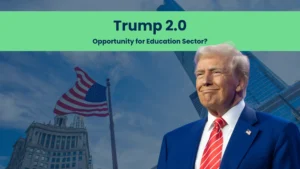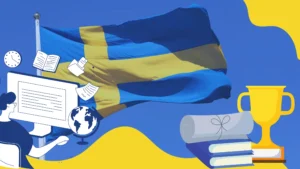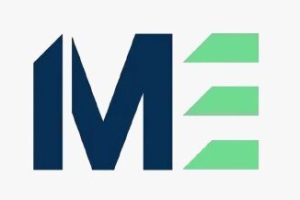The world is changing fast, and it’s powered by advancements in technologies like Artificial Intelligence and Machine Learning. As the global demand for AI-related skills is rising, there is a pressing need to incorporate Artificial Intelligence in the school curriculum at an early age. But, access to AI education has predominantly been constrained to prestigious higher education and exclusive institutions.
To break these barriers, the Government of India has recently come up with a flagship Initiative known as “SOAR” (Skilling for AI Readiness). Backed by NEP 2020 and aligned with India’s broader AI vision, this nationwide program brings Artificial Intelligence (AI) education into schools from Grade 6 to 12. This initiative by the Ministry of Skill Development and Entrepreneurship (MSDE) marks a significant shift in education policy, recognizing the importance of preparing the students for the AI-driven world.
About SOAR Program & Its Structure
SOAR is a new education program designed to make AI literacy accessible and age-appropriate. The program includes a combination of online learning and interactive workshops to inspire schools to establish AI labs and student-led AI clubs.
It includes:
- Three 15-hour modules for students
- AI to Be Aware – Basic awareness of AI concepts
- AI to Acquire – Introductory technical skills and hands-on activities
- AI to Aspire – Understanding AI’s applications and ethics
- One 45-hour module for teachers
- Titled AI for Educators, it provides training that equips teachers to deliver AI content confidently while also supporting pedagogy, content curation, and assessment design.
What are the Objectives of this Program?
1. Early AI Exposure
Introducing AI learning starting from Grade 6 sets the foundation for curiosity and competence. This enables students to perceive AI not merely as a technological tool, but as an integral aspect of their cognitive realm.
2. Strengthened Teaching Capabilities
By upskilling educators through a tailored AI-centric module, classrooms can be led by knowledgeable and confident teachers , making the programme sustainable and scalable.
3. Equitable and Inclusive Skill Building
SOAR utilizes an equity-driven approach to break down educational barriers by providing advanced digital literacy training to underserved and remote areas.
4. Holistic Skill Development
By emphasizing ethics, technical abilities, and social comprehension, students are equipped to not only utilize AI effectively, but also interact with it in a conscientious and deliberate manner
5. Alignment with Global Education Trends
SOAR aligns with global education standards, incorporating international expertise into curriculum design and delivery to place India at the forefront of future-ready education paradigms.
6. Enhancing Employment Opportunities
By providing early exposure and structured skilling, SOAR prepares students for AI-related careers and foster innovation, thus bridging employability gaps and contributing to the development of a future-ready workforce.
Roll-out of SOAR Program
SOAR is going to be introduced in schools across different states and union territories, beginning with government and aided schools. The program utilizes digital learning platforms, hands-on modules, and blended teaching methodologies to ensure that AI education is accessible even in remote areas. In the first phase, the program will help more than 10 lakh students and 20,000 teachers. This aligns with the goals of National Education Policy (NEP) 2020, Skill India Digital platform, and Viksit Bharat 2047 vision for a future-ready workforce.
A Public-Private Unified Network
SOAR is being delivered through a collaborative ecosystem of stakeholders, including government agencies, EdTech innovators, corporate leaders, academic experts, and civil society groups. This joint effort guarantees continuous curriculum updation in line with the latest technologies, customization to meet specific needs of Indian students, feed-back driven improvements based on input from students and teachers.
Conclusion
The SOAR Initiative in India exemplifies a forward-thinking approach towards education, embodying a vision of inclusivity and future-readiness. As the initiative progresses, it has the potential to serve as a global blueprint for preparing youth in emerging economies for the challenges of the Fourth Industrial Revolution. However, the program’s success relies on seamless integration of skill training with employment opportunities, facilitated through mechanisms like the Skill Impact Bond and strategic partnerships on a global scale.





